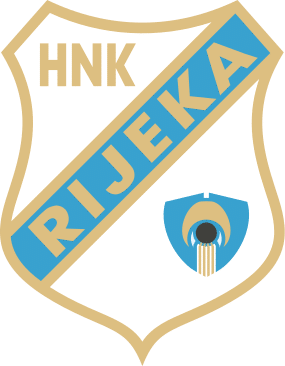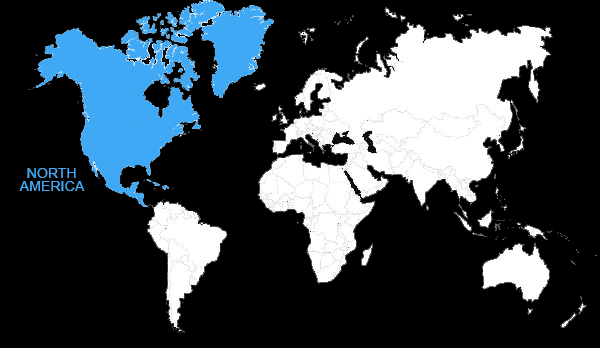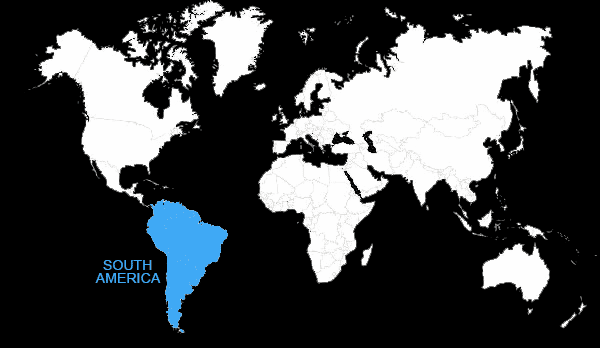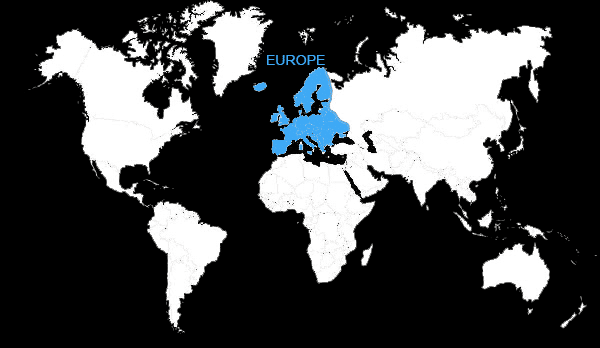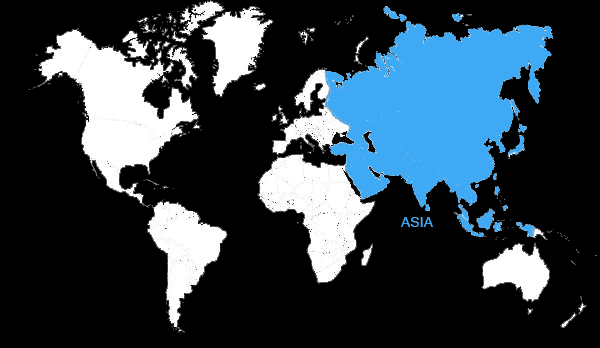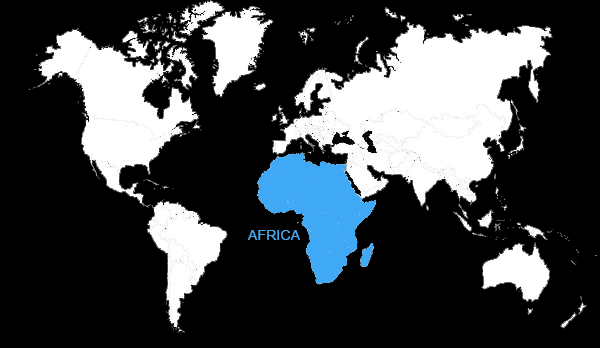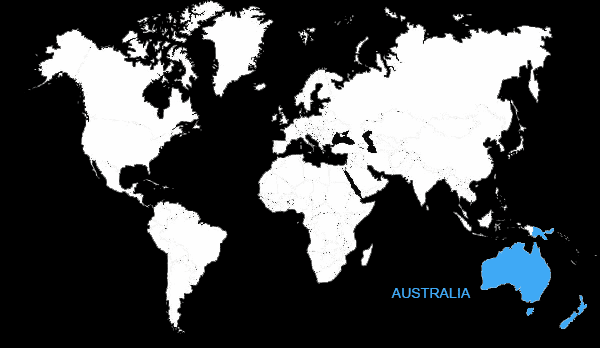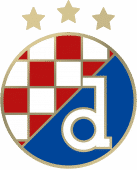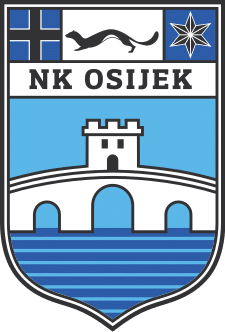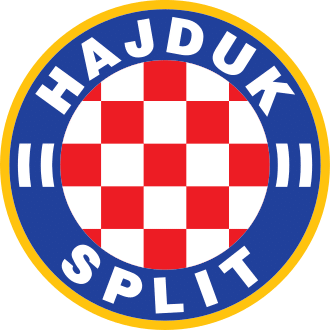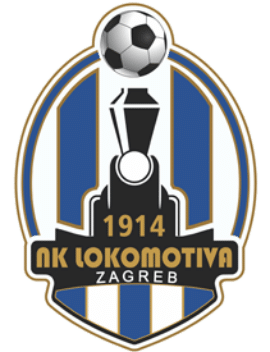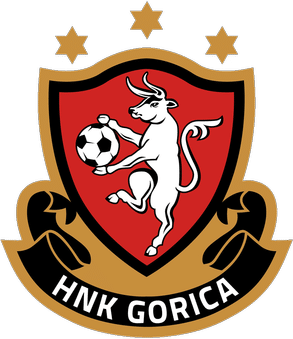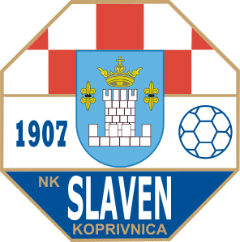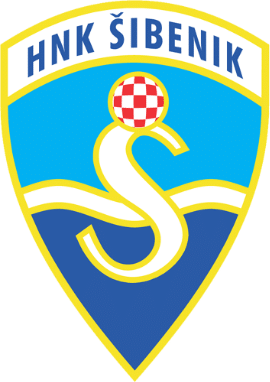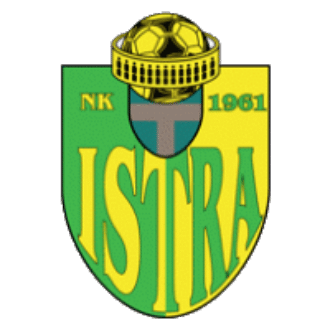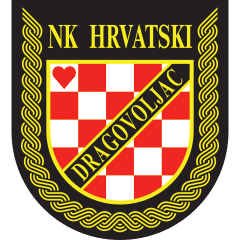HNK Rijeka Tryouts & Club Guide: History, Stadium, Players, and More!

Welcome!
Discover the world of soccer with fcscout.com, your go-to scout for club tryout information, club guides, player profiles, in-depth product reviews, and more. We’re dedicated to exploring and revealing the best in each domain, empowering you with knowledge to make informed choices.
Thank you for being here!
Hi, I’m Carlos! A coach, sports enthusiast, and the founder of FCScout.com.
I fell in love with the game at a very young age like many of you. I’ve been following and playing soccer for many years.
Throughout my career, I always enjoyed helping soccer players chase their dreams, which is why I started this website. I wanted to reach a larger audience outside of my local area and fcscout.com was born.
This website is a platform I will be using to update club pages on any tryouts, stadiums, players, tech, and more from clubs around the world. I also create free recruitment profiles for players looking to have that extra competitive edge when reaching out to clubs.
That’s it. That’s my pitch for you to stick around (or browse the site as you please).
This is already too much text for a “see more” drop-down button thing. If you want to reach out to me, head on over to my contact page 🙂

Hrvatski nogometni klub Rijeka, commonly referred to as NK Rijeka or simply Rijeka, is a Croatian professional football club that competes in the Croatian First League, the top tier in Croatian football.
HNK Rijeka Youth Development System
Although HNK Rijeka has been working with young footballers since its beginnings, the HNK Rijeka Football School has been operating as an organized unit within the club since 1972, when it first began working systematically with young footballers according to an established plan and program.
Such an approach quickly began to bear fruit, as it was from the Football School of the legendary “Cote d’Azur” that footballers emerged who a few years later were part of a team that achieved some of the most significant successes in club history, such as winning two Yugoslav Cups or famous matches. against Juventus and Real Madrid.

Today, the HNK Rijeka Football School gathers more than 400 children with professional coaches working on two playgrounds (HNK Rijeka camp and Robert Komen playground) according to the plan and program with the aim of developing their playing and motor skills and preparing young players for the first team. Participants of the HNK Rijeka Football School are divided into seven age categories (younger guinea pigs, guinea pigs, older guinea pigs, younger pioneers, senior pioneers, cadets and juniors). In 2014, the Open Football School of the Croatian National Theater Rijeka started operating.
HNK Rijeka Recruitment Trials
At the time of this writing, there is no official publishing’s on HNK Rijeka trials. Please come back at a later date while we monitor this club or click here to visit their official news section.
EXPLORE MORE CLUBS!
Explore more professional clubs by continent.
HNK Rijeka History
Club Sportivo Olimpia was established in the middle of April 1904 by Antonio Marchich, Aristodemo Susmel, Agesilao Satti, Carlo Colussi, Romeo and Alessandro Mitrovich. At the time, the city of Rijeka was a Corpus Separatum of the Hungarian Crown and was a part of the Austro-Hungarian Empire.
The club initially focused on tennis-lawn, football, swimming, cycling, and athletics when it first opened its doors. On November 25, 1906, historians discovered the first activities of the football section that were reported in the paper. These activities took place. This date is currently being considered to mark the beginning of HNK Rijeka’s official operations. This also means that it is the earliest documented association football club that is still operational in modern-day Croatia.

In contrast to the many other clubs in the city and the surrounding area, which frequently had specific ethnic leanings, Olimpia was purposefully designed to have a very international ethos, with players from Italy, Croatia, Hungary, and Germany all playing and working together.
Initially, the club played its matches on the football field at Scoglietto, which was located on the local Honved HQ. However, throughout the subsequent decade, the team shifted its matches to the Kantrida stadium (the stadium was then called Campo Sportivo Olympia). Olimpia’s first official colors were black and white, but starting in the second part of the 1910s, the club will play in all-white uniforms instead.
Olimpia’s first official colors were black and white. As a result of the dissolution of Yugoslavia, Rijeka participated in the first season of the Croatian First Football League the following year (1992). In 1995, the club rebrands itself for the final time as HNK Rijeka, adding the prefix “Croatian” to its name. This is done to emulate the naming conventions of the majority of clubs in the newly independent Republic of Croatia during the Croatian War for Independence.
Today, Rijeka is still one of the only four founding member teams of the HNL to have never been relegated, and it is often considered to be one of the best three clubs in the country. Since the country of Croatia gained its independence, the team has finished in second place seven times and won the league championship for the first time ever in 2017. This victory ended Dinamo Zagreb’s record of 11 victories in a row.
An error made by the referee in the championship game of the 1998–1999 season prevented Rijeka from winning their first championship. Rijeka were one point ahead of Croatia Zagreb with one match left to play, and they needed a victory at home against Osijek to clinch the championship. Rijeka’s forward Admir Hasani converted a cross by Barnabás Sztipánovics in the 89th minute of the game, which at the time was deadlocked 1–1 between the two teams.
Rijeka appeared to have scored the game-winning goal, but a few moments later, assistant referee Kreak raised his flag, and referee upraha ruled that the goal should not count since Rijeka was allegedly playing offside. As a result of an examination and subsequent 3D analysis, it was determined that Hasani was not, in fact, in a position that would be considered offside.
This meant that Rijeka were unfairly denied their first championship title. Following an investigation by Nacional, it was discovered that Franjo Tuman, the President of the Republic of Croatia and a devoted fan of Croatia Zagreb, had ordered the country’s intelligence agencies to conduct surveillance on football referees, officials, and journalists earlier in 1999 with the intention of ensuring that the Zagreb club wins the league title.

In addition, Rijeka has been victorious in the Croatian Cup on six separate occasions, including back-to-back triumphs in 2005 and 2006 and most recently in 2019 and 2020. It also won the cup in 2014 and in 2017, which contributed to them achieving a historically significant double in that year.
HNK Rijeka Stadium
The city of Rijeka in Croatia is home to a sports venue known as Stadion Rujevica. Because of its location, the stadium is typically referred to as Rujevica by the locals. During the time when the construction of the brand new Stadion Kantrida is taking place, HNK Rijeka has been using this stadium as their makeshift home field from August of 2015. The training camp that is used by the club’s young academy also has four more fields in addition to the stadium, which is one of those fields. When the new Kantrida is finished being constructed, the stadium will serve as the training site for the team.

Features of Kantrida Stadium
- 14,000 covered seats
- Garage under the stands
- Access for people with disabilities provided
- Approximately 3,000 seats for VIP visitors and sponsors
- Approximately 1,000 family places
- Approximately 4,000 seats for the most loyal fans
- The most modern technical solutions
- Fan shops
- Catering facilities
